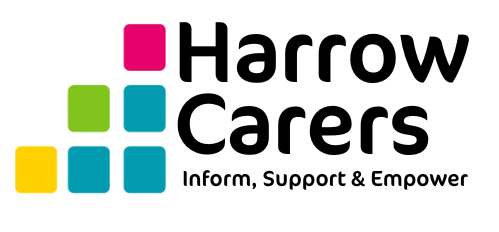Caring for an unwell family member or friend can be overwhelming if it’s ongoing. Looking after the daily needs of another person, when they are physically or mentally unwell often takes a toll on the mental health of the carer. In most situations, a carer’s focus is on the person they are caring for, with little or no regard for their own physical and mental needs.
As a full-time carer you are probably faced with unrelenting demands on your time and energy resulting in feelings of anxiety, depression, guilt, leading to high levels of stress. Whilst small levels of stress are manageable, when it reaches levels that prevents you from maintaining a job, managing relationships with friends and families, gives you suicidal thoughts and generally prevents you from thriving as a happy adult, it’s time to get help.
Mindfulness is a method of destressing that has risen to prominence in the last ten years due it’s success in helping people cope with stress.
At Working for Carers, we have introduced mindfulness workshops at our centres across London, to help carers deal with the stress associated with their role as a carer to get them feeling confident and ready to enter or re-enter the job market.
So, what is mindfulness and how can it help you as a carer?
“Mindfulness is the basic human ability to be fully present, aware of where we are and what we’re doing, and not overly reactive or overwhelmed by what’s going on around us.” www.mindful.org
1. Mindfulness helps us centre ourselves and pay attention
The mindful practice of paying attention to the present moment helps us control repetitive, and non-productive thoughts that lead to stress. It allows us, in effect, to self-regulate.
2. You become aware of your thoughts allowing you to step back from them and not take them so literally. That way, your stress response is not initiated in the first place.
3. You don’t immediately react to a situation. Instead, you have a moment to pause and then use your “wise mind” to come up with the best solution.
4. Mindfulness switches on your “being” mode of mind, which is associated with relaxation. Your “doing” mode of mind is associated with action and the stress response.
5. You are more aware and sensitive to the needs of your body. You may notice pains earlier and can then take appropriate action.
6. You are more aware of the emotions of others. As your emotional intelligence rises, you are less likely to get into conflict.
7. Your level of care and compassion for yourself and others rises. This compassionate mind soothes you and inhibits your stress response.
8. Mindfulness practice reduces activity in the part of your brain called the amygdala. The amygdala is central to switching on your stress response, so effectively, your background level of stress is reduced.
9. You are better able to focus. So you complete your work more efficiently, you have a greater sense of well-being, and this reduces the stress response. You are more likely to get into “the zone” or “flow,” as it’s termed in psychology by Mihaly Csikszentmihalyi.
10. You can switch your attitude to the stress. Rather than just seeing the negative consequences of feeling stressed, mindfulness offers you the space to think differently about the stress itself. Observing how the increased pressure helps energise you has a positive effect on your body and mind. (www.mindful.org)
Our mindfulness workshops will run in the following boroughs – Ealing, Enfield and Harrow (please choose your nearest borough) and will include mindful meditation, education and discussion.
We hope that our sessions will help you deal with the daily stress of caring for someone by paying non-judgemental attention to the here and now and stepping out of the constant cycle of unhelpful thoughts and emotions.
If you are ready to re-enter the working world or about to start a job, embracing mindfulness and its stress management techniques may be just what you need to build your confidence and self-esteem and get you work-ready.
Please do give us a call on 020 8868 5224 to find out more or visit our workshops page to find the next available mindfulness session. We look forward to hearing from you.

